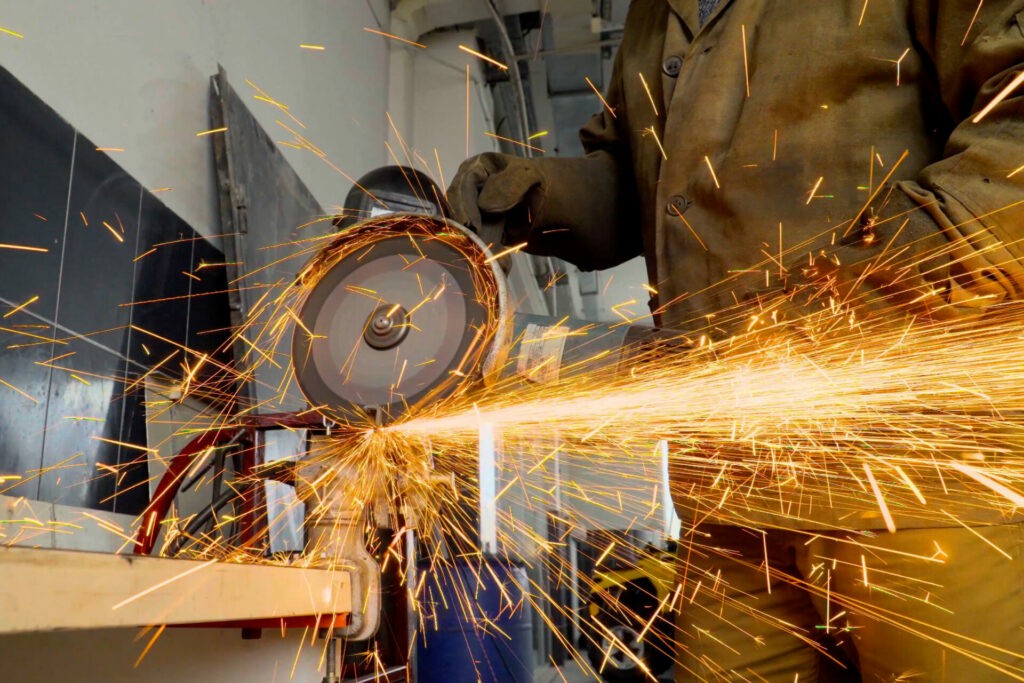


 349,500 Offered Certificates
349,500 Offered Certificates
 24/7 Online Training
24/7 Online Training
 Money Back Guarantee
Money Back Guarantee
 Fully Accredited Courses
Fully Accredited Courses

Created at: 22-02-2025 22:44
Abrasive wheels are commonly used in various industries for cutting, grinding, and polishing materials. While they are essential tools in workshops and manufacturing plants across Ireland, they also pose significant safety risks if not handled properly. This guide will explore the risks associated with abrasive wheels, common injuries, and the best ways to mitigate these dangers. We will also discuss the importance of obtaining an Abrasive Wheels Certificate to ensure compliance with safety regulations and improve career opportunities.
Several hazards can arise from the use of abrasive wheels, including:
Workers operating abrasive wheels may face various injuries, including:
To ensure the safety of workers using abrasive wheels, employers should implement the following best practices:
Obtaining an Abrasive Wheels Certificate not only demonstrates a commitment to safety but also enhances career opportunities for workers across Ireland. With the implementation of safety regulations in various cities, including Dublin, Cork, Galway, Limerick, and Waterford, compliance with safety training is crucial for employers. Certified training can significantly reduce workplace accidents, ensuring that employees are well-prepared, knowledgeable, and able to handle abrasive wheels safely.
In conclusion, the risks associated with abrasive wheels are significant, but with proper training and safety practices, they can be effectively mitigated. Ensure your compliance with safety regulations by enrolling in an Abrasive Wheels Course Dublin, Abrasive Wheels Training Cork, or various other courses available throughout Ireland. Don't wait—protect yourself and your teammates by becoming certified today!
For inquiries about training options, feel free to reach out at [email protected].